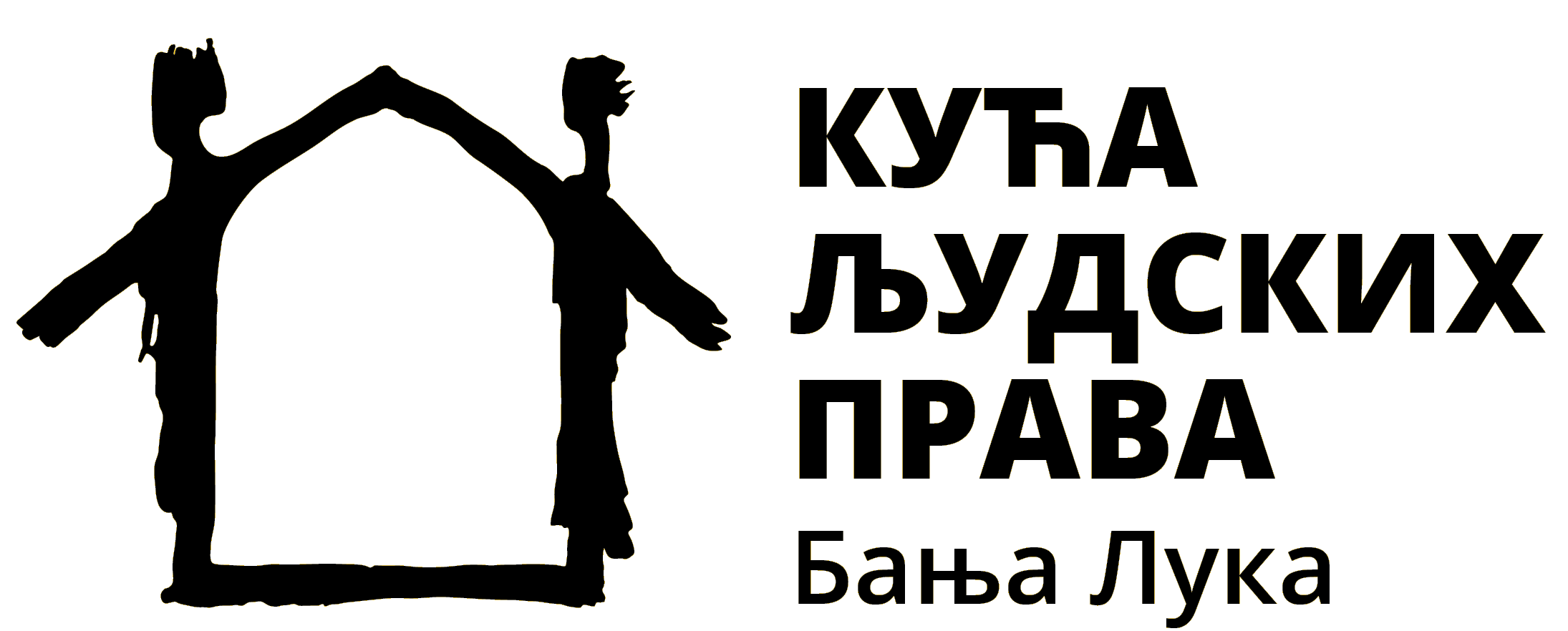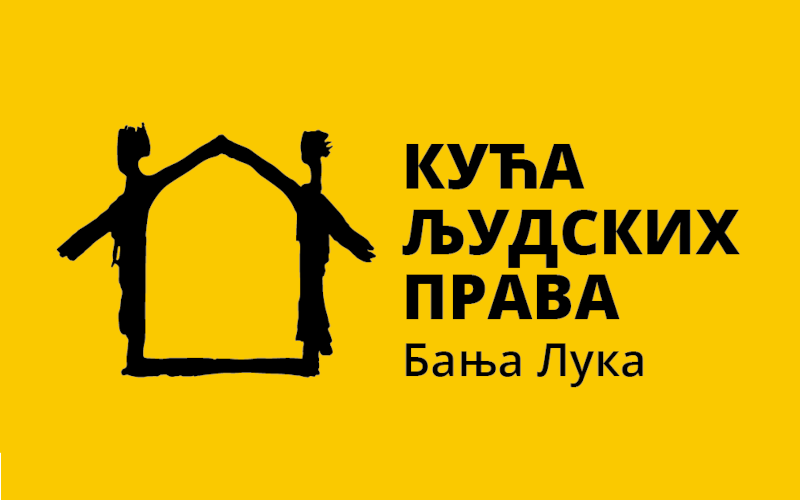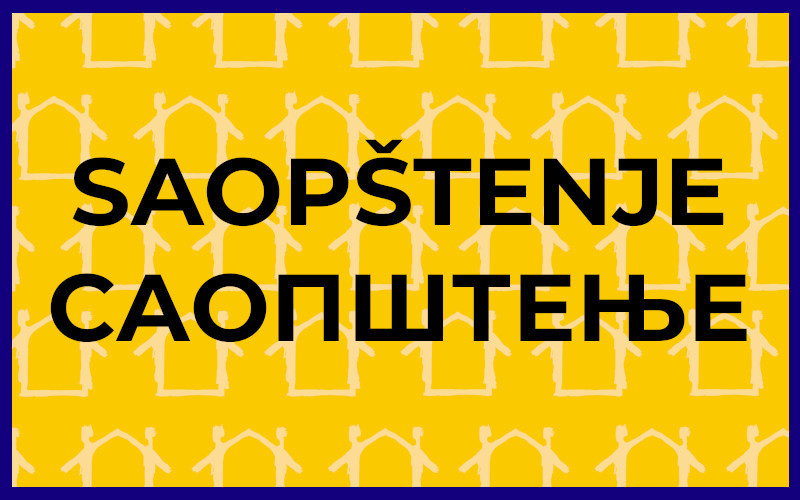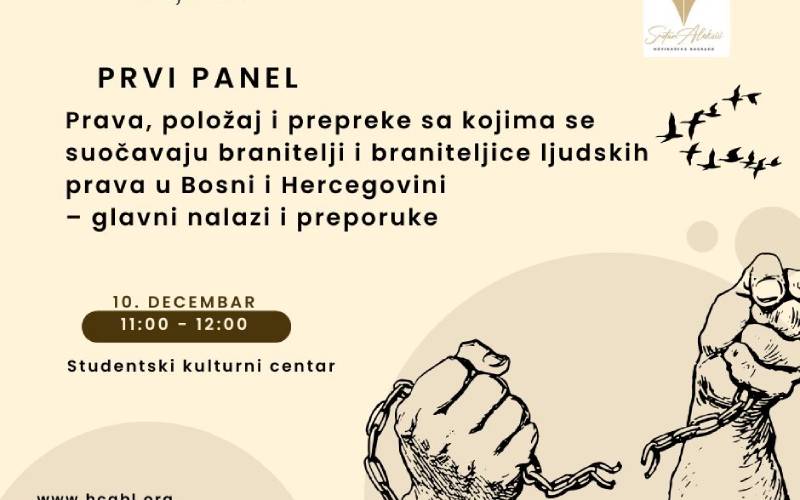Bosnia and Herzegovina (BiH) faces significant challenges in terms of corruption and political integrity. According to the latest Corruption Perception Index (CPI), BiH (34) has the lowest score in the Western Balkans region and is experiencing a significant drop in the level of corruption perception, with a loss of eight CPI points since 2012. Increasingly pronounced political divisions along ethnic lines continue to hinder democratic institutions in governing the country and in the fight against corruption. In the context of the legal framework for open data of political integrity, BiH has made efforts at various levels of government to establish regulations and institutions to deal with the challenges of corruption. For example, the “Anticorruption and Quality Control Office of the Sarajevo Canton” established various databases (known as “AnticorrupiKS”) in order to publish information of public interest, with the aim of increasing transparency in Sarajevo Canton. These databases include areas such as public procurement, data on the property of public officials, information on public sector employees, public transfers and others. Similarly, the Anti-corruption team of Central Bosnia Canton has published the register of employees in this canton, which contributes to increasing the level of transparency in this canton.
In addition, Sarajevo Canton passed the Law on Prevention and Suppression of Corruption in the Sarajevo Canton. However, the political system in BiH often makes it difficult to achieve a single legal framework that would adequately address these challenges. Although there are legal provisions that allow access to information, exercising the right to information is accompanied by many challenges, especially in terms of quick and efficient delivery of information. Availability of information varies among different categories/databases in Bosnia and Herzegovina. For example, data on public procurement is often more readily available, with a greater level of publicly available information and timely updates. On the other hand, information on property and political funding is often less transparent and limited in availability, making it difficult to access comprehensive and up-to-date information.
Centralization of data in Bosnia and Herzegovina exists to a certain extent, but its availability is limited. Although there are certain centralized databases, most of the data is decentralized, uneven, fragmented and inoperable. The creation of a centralized user-friendly database would significantly facilitate access to data related to political integrity, which would enable citizens and interested parties to monitor the activities of public officials and demand their accountability.
Institutions responsible for collecting and verifying data on political integrity in Bosnia and Herzegovina are not centralized and face challenges in terms of resources, mandate and independence. Their capacities and effectiveness vary, and their ability to collect and analyze comprehensive data is limited. Strengthening their mandates, ensuring adequate resources and independence are key steps to improve the process of data collection and verification. Observing the current trends, it was noticed that some institutions show the will to improve open data, thereby recognizing the importance of transparency and responsibility in the fight against corruption. For example, the Public Procurement Agency has started upgrading the e-Procurement system, which includes access to public procurement data and is expected to be operational from 2023. However, further progress is needed to translate political commitments into concrete practice and to develop a culture of openness and integrity.
The publication can be downloaded here.



